Addis Ababa, 06 July, 2023 – As malnutrition rates surge beyond emergency levels in many areas of Ethiopia, international medical organisation Médecins Sans Frontières/Doctors Without Borders (MSF) calls for the immediate resumption of food distributions which were suspended across Ethiopia in early June 2023.
More than 20 million people in Ethiopia rely heavily on food assistance, especially refugees and displaced people. Those most at risk include pregnant women, new mothers, children under five and people living with HIV.
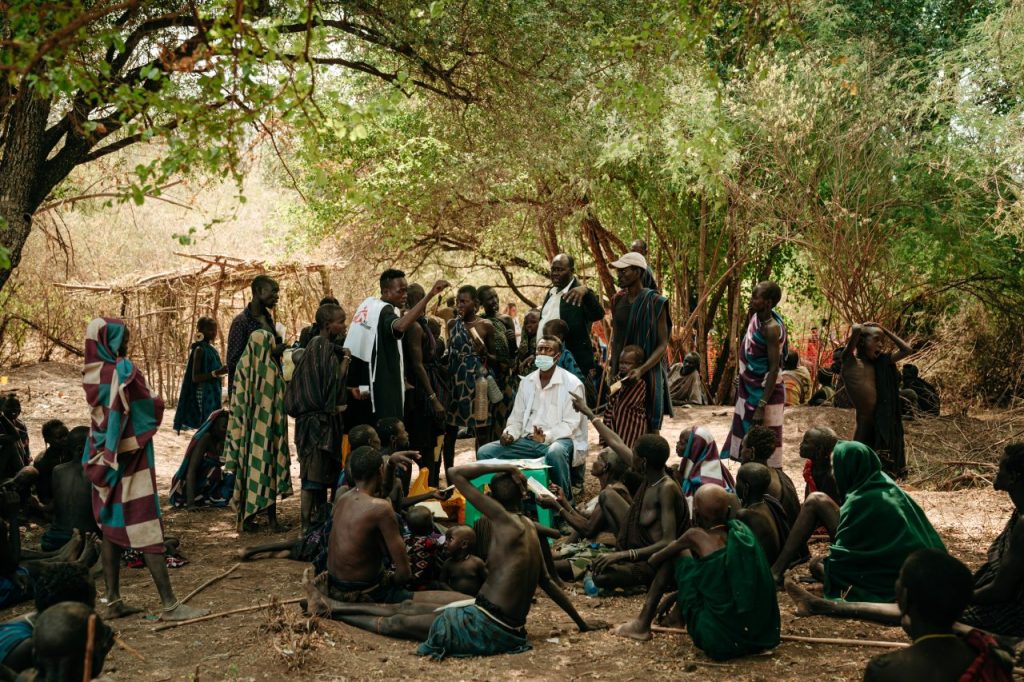
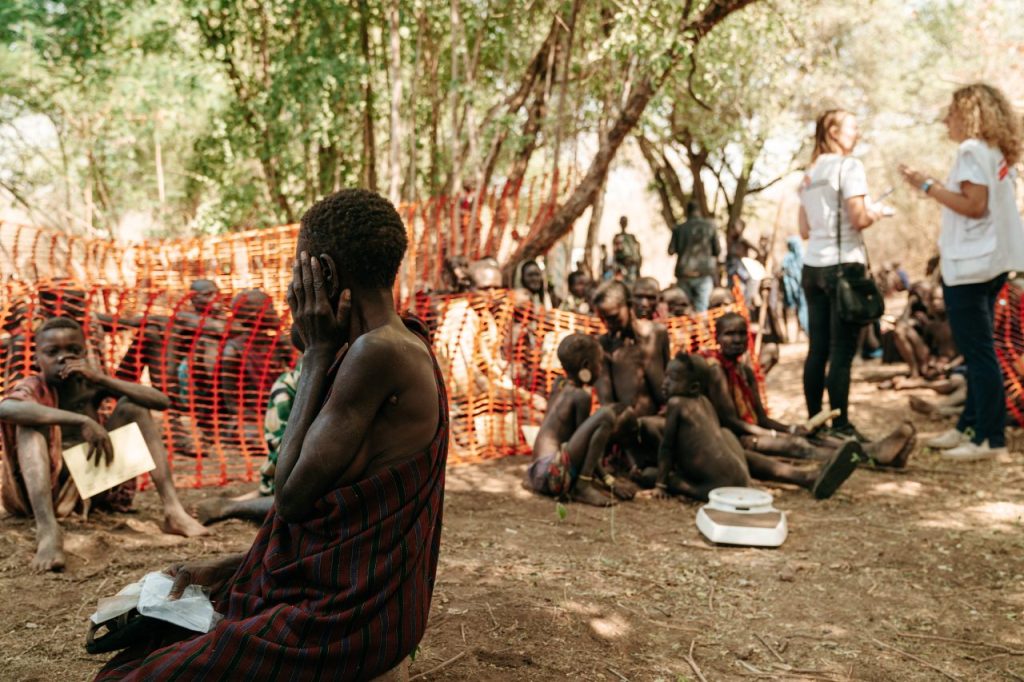
According to the data collected by MSF teams between January and April this year, of the 8,000 pregnant women and new mothers screened in MSF health facilities in Shire and Sheraro in Tigray, 72.5 per cent were acutely malnourished. Mothers who are malnourished are at a higher risk of experiencing complications during childbirth and their babies are more likely to have poor health outcomes.
MSF teams also screened 17,803 children under five in Shire and Sheraro clinics and found that 21.5 per cent had moderate acute malnutrition and 6.5 per cent had severe acute malnutrition, which is life threatening.
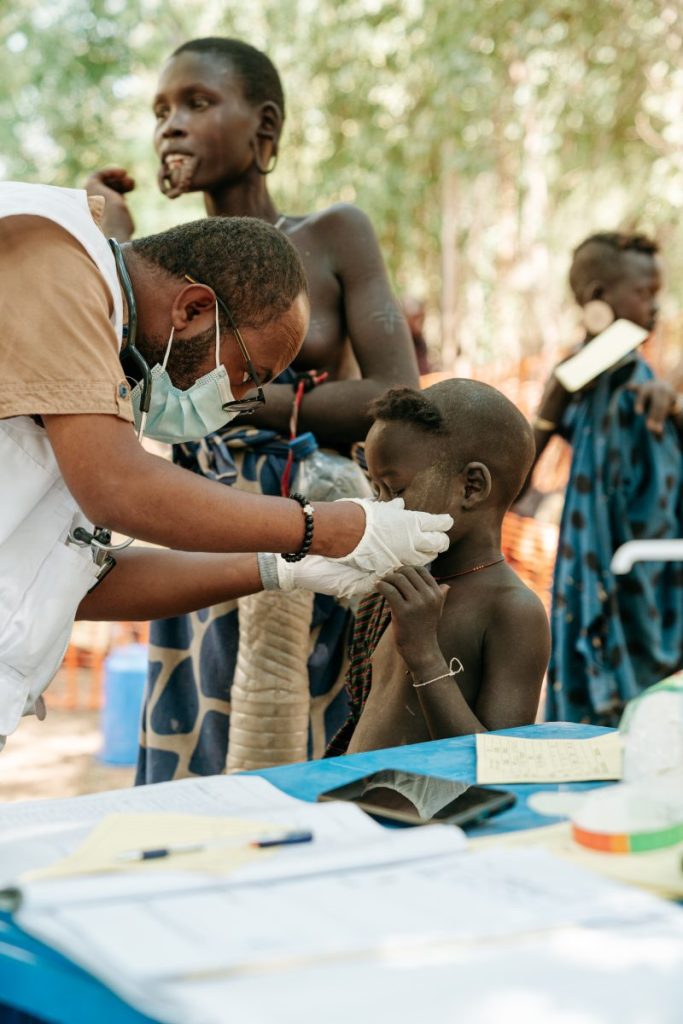
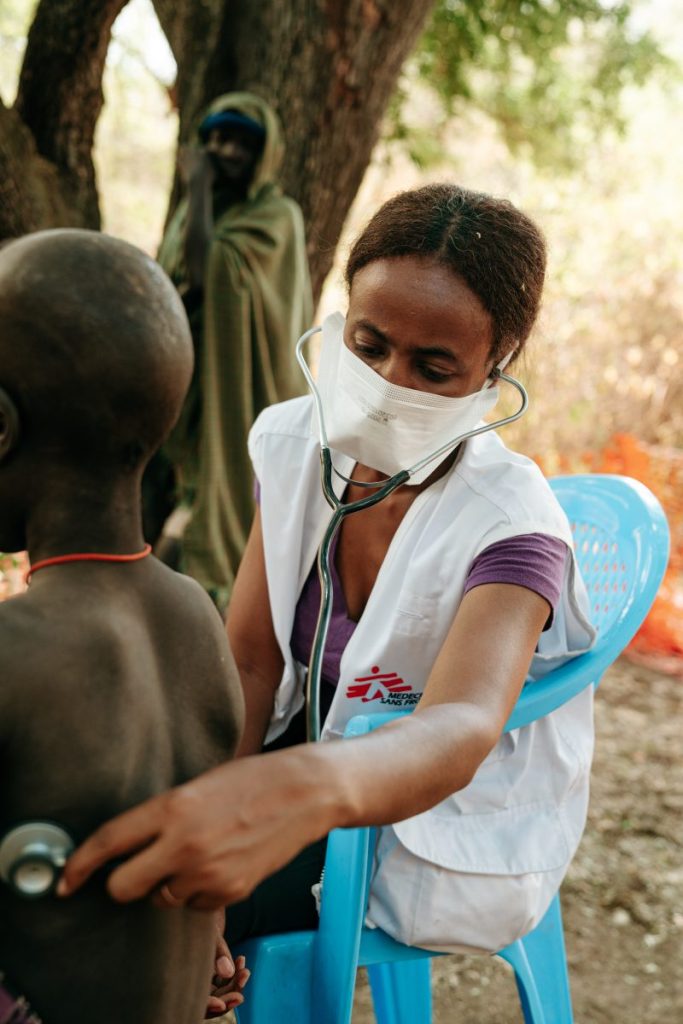
The suspension of food distributions comes in the context of investigations into the widespread diversion of food aid. Initially, food distributions were suspended in Tigray alone, but were later extended across the country.
The suspension of food distributions follows months in which food distributions were infrequent and irregular –a situation which contributed to the high rates of malnutrition witnessed in MSF facilities.
The Somali region of Ethiopia has the largest number of children under five with acute malnutrition and some of the lowest vaccination coverage in the country, exposing communities to the risk of disease outbreaks.
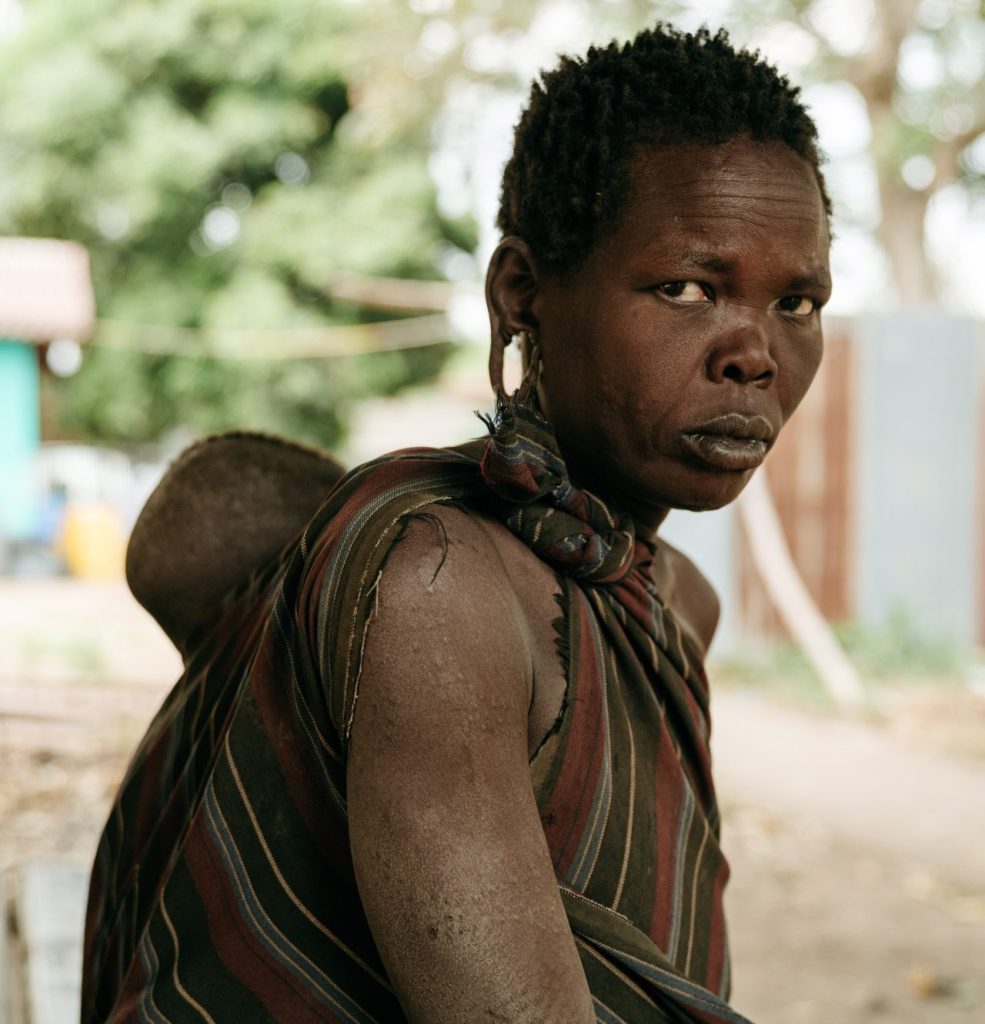
In the health center at Kule refugee camp, in Gambella region, the number of children under five being treated by MSF teams for severe malnutrition has almost doubled. In 2022, MSF teams admitted 44 children per month on average; so far in 2023, this has jumped to 86 children per month when compared to the same period.
Getting hold of enough to eat is a particular challenge for the refugee population, who, due to their refugee status in Ethiopia, cannot work and are dependent on aid. Many have already had their food rations cut, including 400,000 South Sudanese living in Ethiopia’s Gambella Region, whose rations were reduced from 84 percent to 60 per cent of the recommended daily minimum intake of 2,100 calories.
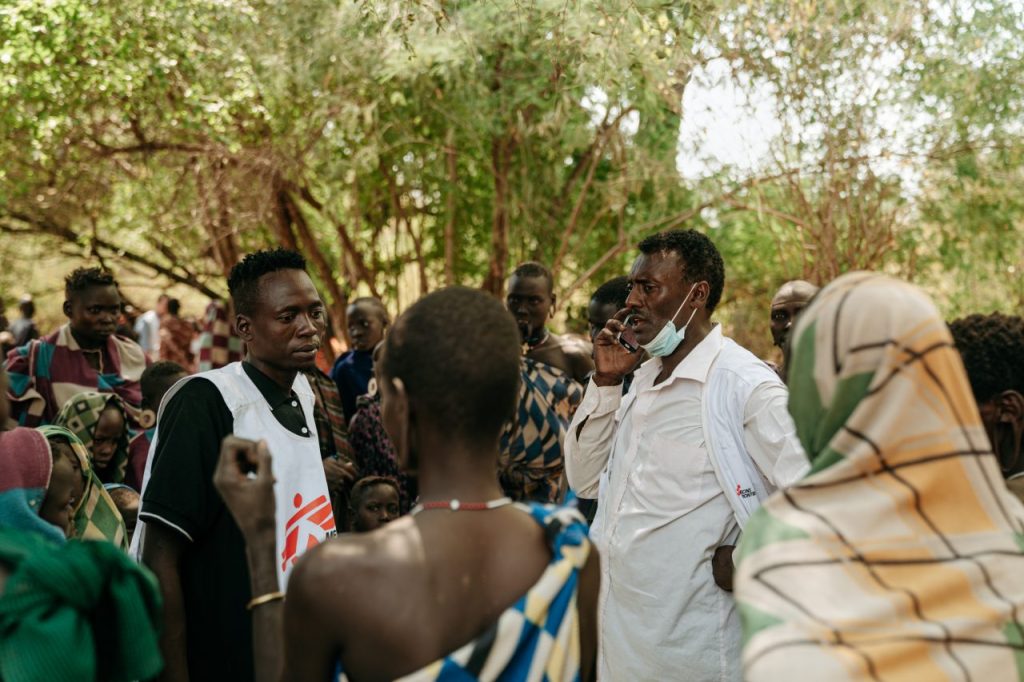
MSF calls on all stakeholders to take immediate action and respond to the needs of the most at-risk communities through targeted food distributions, and to resume full and regular food distributions as a matter of urgency, while improving communication about where and when distributions will take place.
On 24 June 2021 our colleagues María Hernández Matas, Tedros Gebremariam Gebremichael and Yohannes Halefom Reda were brutally and intentionally killed while clearly identified as humanitarian workers in Tigray. After extensive engagement with the Ethiopian authorities, we still do not have any credible answers on what happened to our colleagues that day. MSF will keep pursuing accountability for this incident by using all possible means and avenues, with that, we also hope that this will contribute also to improving the safety of humanitarian workers in Ethiopia.
MSF has been working in Ethiopia for 37 years, providing medical assistance to people affected by conflict, epidemics, disasters or with limited access to healthcare, in collaboration with Ethiopian authorities at local, regional and national levels. We have been providing kala azar care for more than 20 years, including our dedicated kala azar and snake bite project in Abdurafi, Amhara, and through emergency interventions. All our activities are guided by humanitarian principles humanity, independence, neutrality and impartiality.











